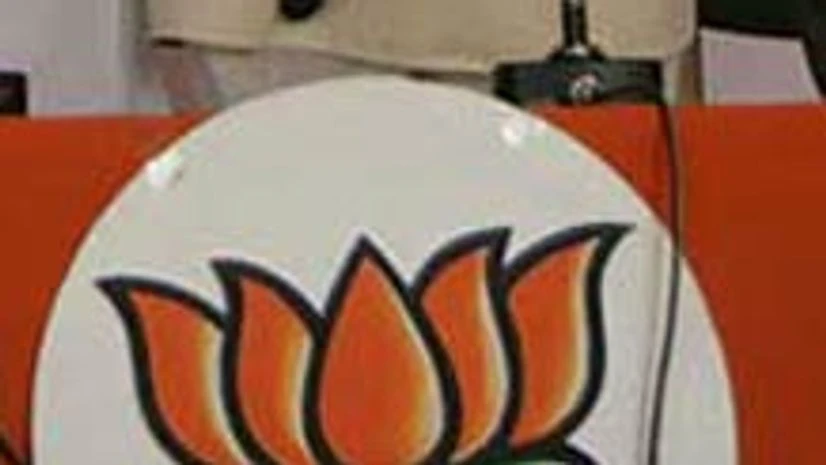India's main opposition party, which opinion polls show winning the most seats in a general election, is pushing a range of market reforms to differentiate it from the Congress-led government's focus on subsidies.
"A market-centric policy would make the promotion of self-reliance a top priority," said one senior source in the BJP, which hopes to win the five-week election starting on April 7 after a decade in opposition.
A national rollout of a policy based on Gujarat's Soil Health Card scheme could be a centrepiece of policies aimed at improving farming practices and boosting productivity in a sector that accounts for 14% of economic output.
While no decisions have been taken, a BJP-led government may also review the possibility of allowing genetically modified crops into the food chain. Under Modi, Gujarat has promoted the cultivation of Bt cotton, a genetically modified strain developed by Monsanto
India has achieved self-sufficiency in grain production, with the introduction of high-yielding Mexican wheat varieties helping to bring about the Green Revolution of the late 1960s.
But low productivity continues to be a major barrier to growth for farming in India, a leading producer of rice, wheat, sugar, soybeans and cotton.
More From This Section
The source also said the party would not aggressively seek foreign investment, but rather promote so-called public-private partnerships in areas such as irrigation and the construction of storage facilities.
India's monsoon-dependent economy lacks irrigation on more than half of its arable land, while warehousing shortages have resulted in huge wastage of wheat surpluses produced in recent bumper harvests.
GUJARAT MODEL
The BJP has trumpeted Modi's record as chief minister in Gujarat, where farm output has grown on average at an annual rate of 6% over the past three years - about a percentage point higher than the national average.
"The new regime may replicate the successful Soil Health Card scheme of the Gujarat government on the national canvas," said Vinay Sahasrabuddhe, the head of the BJP's Good Governance Cell, a policy unit.
As the chief minister of Gujarat, Modi led a drive to issue soil health cards in order to ensure that farmers use proper methods.
The cards are issued after the soil is tested for properties such as productivity, mineral mix, water capacity and salinity.
They also contain information on what types of pesticides, fertilisers and seeds, and how much water should be used to improve productivity, said Sudhir Panwar, president of Kishan Jagriti Manch, a farmers' lobby group.
Panwar said these cards better guide a tiller to adopt new practices on the basis of soil conditions.
"The soil card will promote opportunities for integrated input manufacturers to sell fertilisers, pesticides and insecticides to growers," said Y.K. Alagh, former chairman of the Institute of Rural Management.

)
